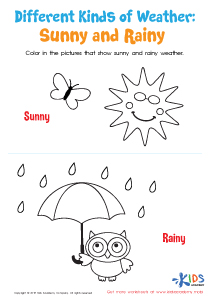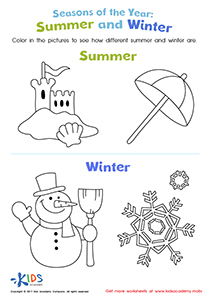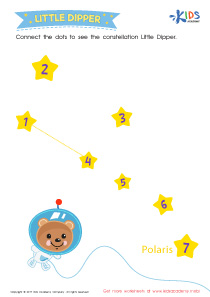Fine Motor Skills Easy World Around Us Worksheets for Ages 5-7
3 filtered results
-
From - To
Discover our engaging "Fine Motor Skills Easy World Around Us Worksheets" designed specifically for children aged 5-7. These worksheets provide a fun and effective way for young learners to refine their fine motor skills while exploring themes from the world around them. With activities that promote hand-eye coordination, dexterity, and creativity, kids will enjoy cutting, tracing, and coloring as they develop essential skills for writing and daily tasks. Perfect for home or classroom use, these worksheets support early childhood education by fostering independence and confidence in little hands. Help your child thrive and explore with our delightful worksheets today!
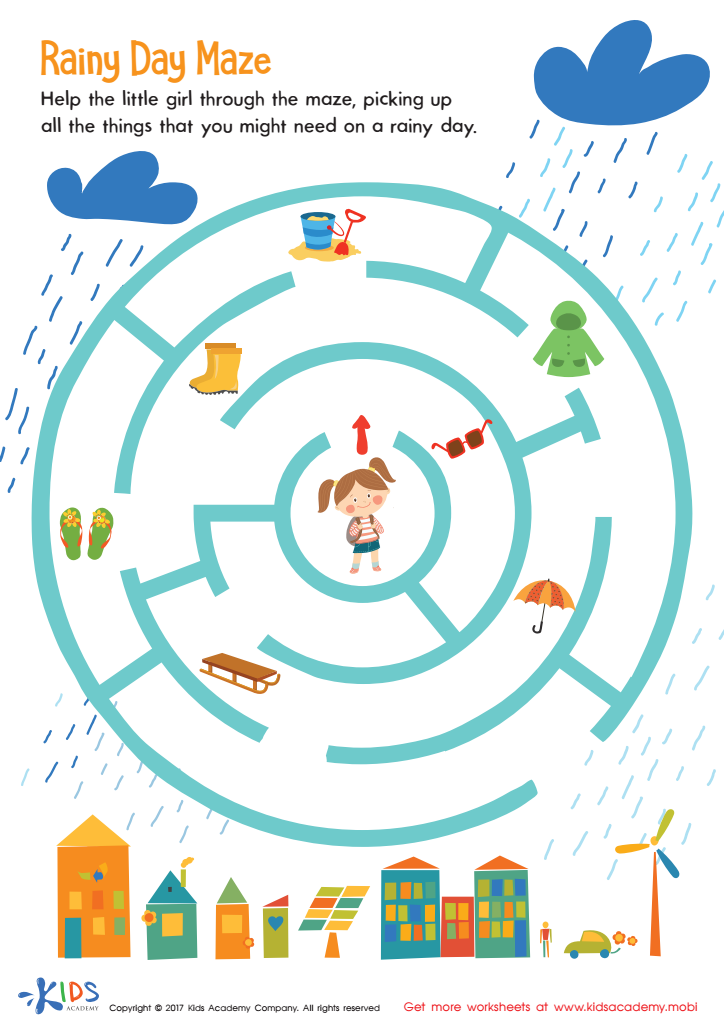

Rainy Day Maze Worksheet
Fine motor skills are crucial for children ages 5 to 7 as they form the foundation for various everyday activities. These skills involve the coordination of small muscles in the hands and fingers, enabling children to perform tasks such as writing, drawing, cutting, and buttoning clothes. Parents and teachers should care about developing these skills because they significantly impact a child’s academic success and self-confidence.
In early education, fine motor skills facilitate learning by allowing children to express their ideas through writing and art. When children struggle with these tasks, it can lead to frustration and hinder their ability to participate fully in classroom activities. Furthermore, strong fine motor skills contribute to independence in daily life—children with proficiency in these skills can manage personal hygiene, dress themselves, and engage in imaginative play with toys that require manipulation.
Additionally, activities targeting fine motor skills offer opportunities for social interaction and teamwork, fostering social skills and emotional development. By emphasizing the importance of fine motor skill development, parents and teachers can help ensure that children build the necessary skills for both academic success and lifelong independence. Thus, investing time in these early developmental areas is essential for a child's overall growth.


 Assign to My Students
Assign to My Students

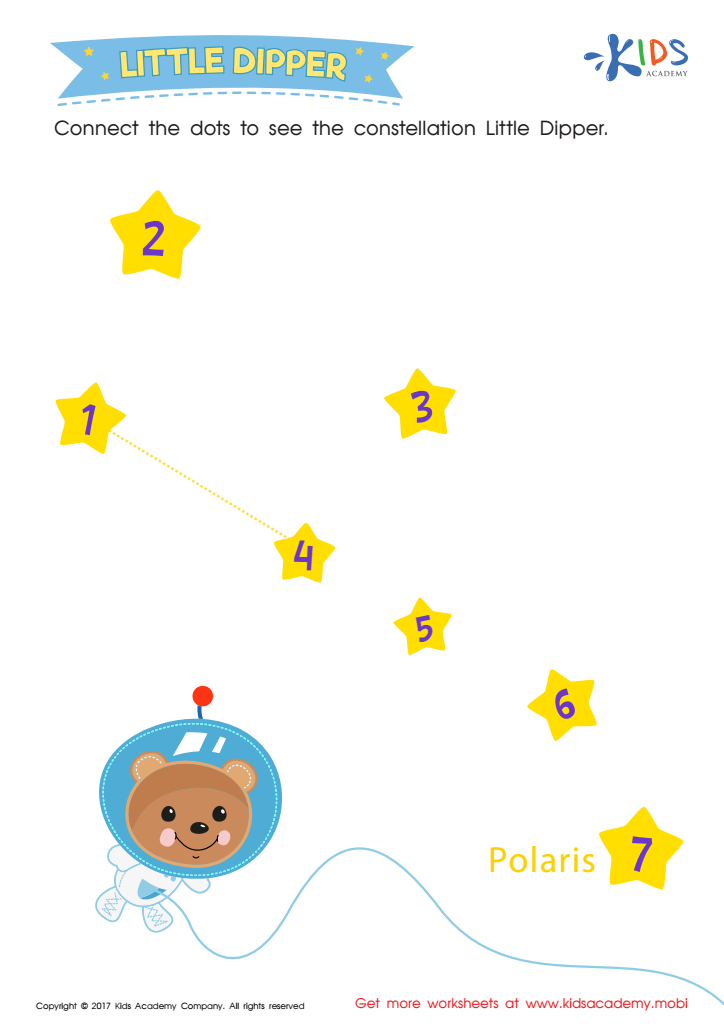



.jpg)






